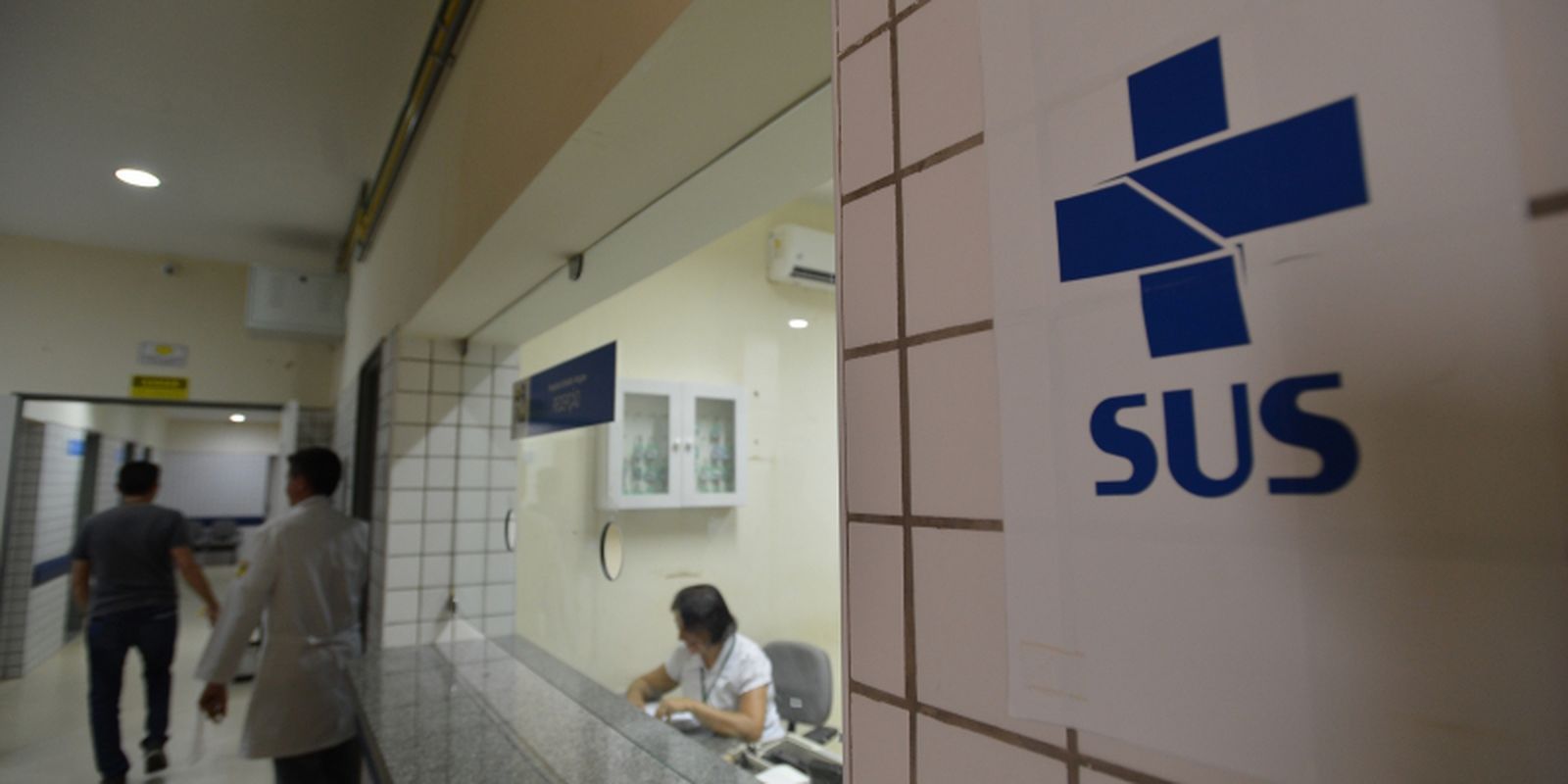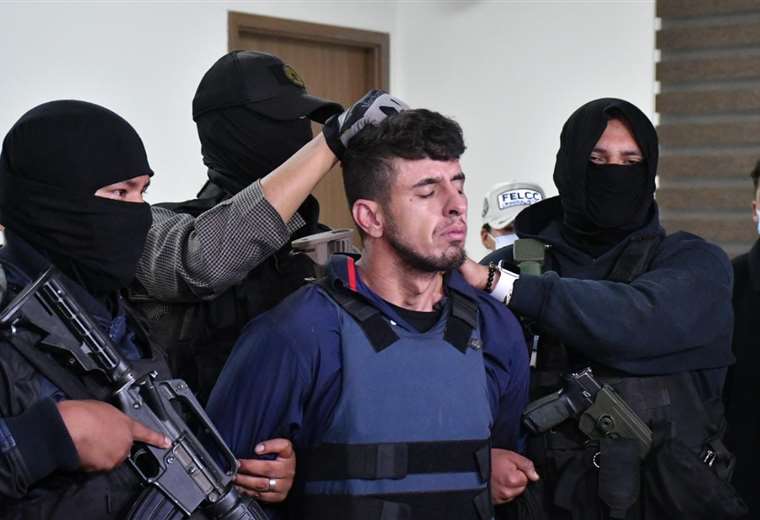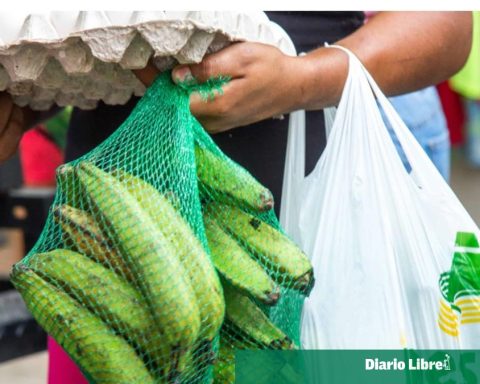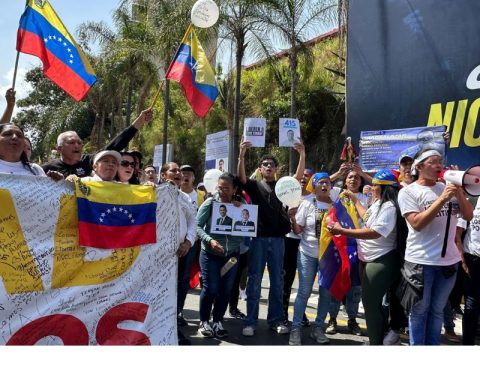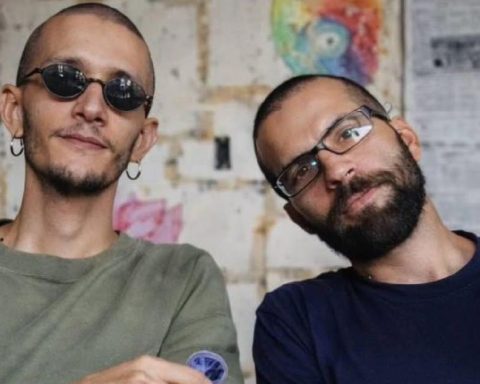An important piece of information about the current situation of queues for elective surgeries in the Unified Health System (SUS) is, in fact, the absence of one piece of data: it is not known how many people are currently waiting for procedures in every corner of the country.
The vice president of the Brazilian Association of Collective Health (Abrasco), Marília Louvison, describes that the diagnosis, when it exists, is only at the municipal level, and needs to be consolidated at the state and federal level. Professor at the Faculty of Public Health at the University of São Paulo (USP), she argues that the work that the SUS will have ahead of it to overcome the damming up of surgeries involves, first, scaling it up.
“The biggest problem today for the new ministry is the lack of information. You don’t know exactly how many people are in the queue for gallbladder surgery, for example. Which ones have risks and need surgery soon, which ones are less serious and can wait. The waits and queues need to be better monitored by SUS as a whole”, he says.
Reducing waiting times for SUS patients is among the priorities of the Ministry of Health, which will launch today (6) the National Program to Reduce Queues for Elective Surgery, Complementary Exams and Specialized Consultations, together with the National Council of Health Secretaries ( Conass) and the National Council of Municipal Health Secretariats (Conasems). An amount of R$ 600 million in resources was guaranteed for the initiative by the Transition PEC, and the first remittance, around R$ 200 million, will be destined to elective surgeries.
The secretary of Specialized Health Care (SAES), Helvécio Magalhães, recognized that, in order to produce structural changes, it will be necessary to know the queue. This survey will make it possible to create a national list of patients awaiting medical procedures, consolidate an information bank, regulate the provision of services with the support of tools, such as telehealth, and protocols for access to specialized care. The promise is to give differentiated treatment to the North Region, due to the difficulty in retaining health professionals, mainly specialists.
It will be up to the states, at first, to forward the work plans to the Ministry of Health for homologation and transfer of money. Marília Louvison explains that, in these plans, the states will be able to gather information from their municipalities and pass them on.
“Then, we would be able to monitor them, because the states will say what is the need, what is the possibility of supply, how many people do they have to hire to do that. So it will be possible to know in which territory and in which procedure, the surgery is taking a long time, and being able to support, send resources, relocate professionals and services, to reduce inequalities”.
At the same time that the State needs to know the real situation of queues to reduce them, patients also need to have transparent access to the time they will wait, their position in the queue and how the wait is in other parts of the country. Marília argues that this point is also important to reassure those waiting for care.
“There will always be queues, but they should only be queues to organize who goes first and everyone can rest assured that soon it will be their turn. And not with the feeling that by joining the queue you will never solve the problem again. The system needs to have transparency to create trust in people”, she defends. “The queue is not a place for care. You left one place and still haven’t arrived at another, and you have to manage your anguish alone in knowing whether you can continue waiting or not. SUS needs to guarantee the management of this queue”.
damming
Although there is no exact information on how many people are waiting for surgeries, the Abrasco vice president explains that the damming of these procedures is a known reality, and is related to factors such as lack of resources, shortage of specialists in some parts of the country and difficulties care regulation. This means that the people in queues are only part of those affected by the problem, as there are still those waiting for a diagnosis to enter the queues.
The situation got worse with the covid-19 pandemic, she recalls, when procedures had to be suspended and hospital resources were concentrated on treating the large number of patients infected with the new coronavirus.
“In most of the country, hospitals are having a lot of difficulty with resources and teams to resume processes, reorganize their surgical services and recompose the possibilities of evaluating the queues, in order to be able to carry out the procedures and solve the lives of many people who are waiting. ”
The delay in performing surgeries contributes, in some cases, to the worsening of the clinical picture of patients, making them, at some point, need to be operated on urgently. In the case of cancer patients, the delay can reduce the possibilities of cure. As for orthopedic patients, or those waiting with cases of hernia or cataracts, there is a considerable loss in quality of life and even autonomy, he exemplifies.
“There ends up being an urgent need for electives. What you could wait for comes at a time when you can no longer, and you have a complication, an infection and, suddenly, you have to have an emergency surgery with much more risk. You end up going to the emergency room frequently, you live with pain”.
Counties
The president of the National Council of Municipal Health Secretaries, Wilames Freire, considers it important that the program has a non-bureaucratic functioning to meet the needs of each region. He recalls that not all cities have the structure to perform elective surgeries, and that it will be necessary to reinforce the reference units of each health region with resources, larger teams and overtime, in order to have more space in the agendas.
“What we are provoking is that private units are also mobilized, which can be hired by municipal and state departments and come in as a complement to the public network. With this, we will speed up the performance of surgeries and increase the number of available professionals”, he added.
Freire explains that the long queues do not mean that the system has stopped performing surgeries. What has happened, in his assessment, is a natural prioritization of emergency surgeries and a growing damming of elective procedures since the covid-19 pandemic. “It’s not that the services are not operating, they are operating at a normal pace, but the patient and procedure load has increased significantly. So, it is necessary to expand access to these services”.
For the manager, it is impossible to predict how long the situation can be normalized. He asks, however, that there be guaranteed resources to maintain an organized system for carrying out elective surgeries in the long term.
“What we are requesting from the federal government is that, during the four years, R$ 3.5 billion be made available. Thus, we would be able not only to clear the queue, but to continue the project. We want a perennial, permanent policy to keep the professional in the service, and so that the management unit has peace of mind to maintain its functioning. All of this will be studied, but the important thing is for us to start.”
